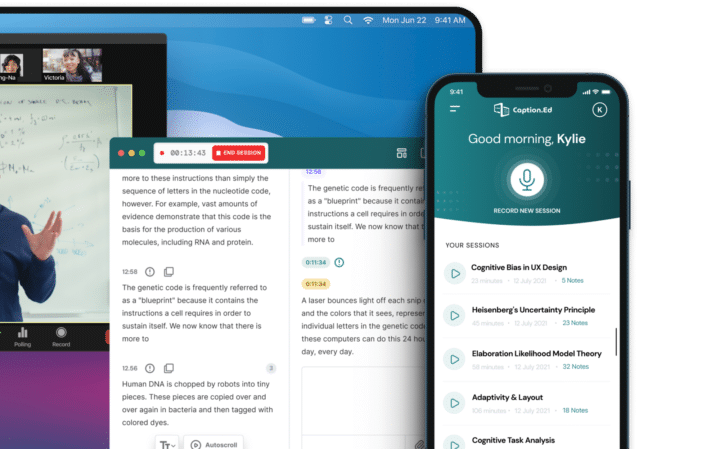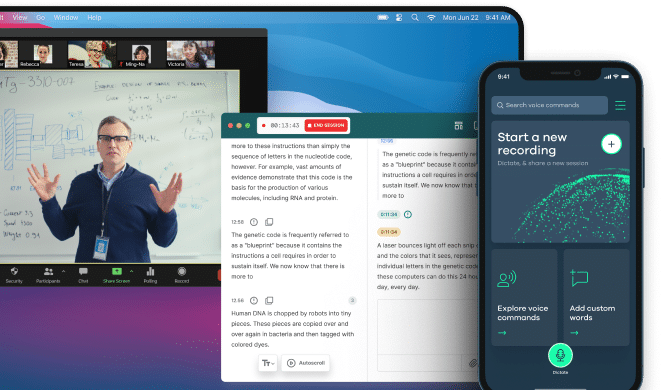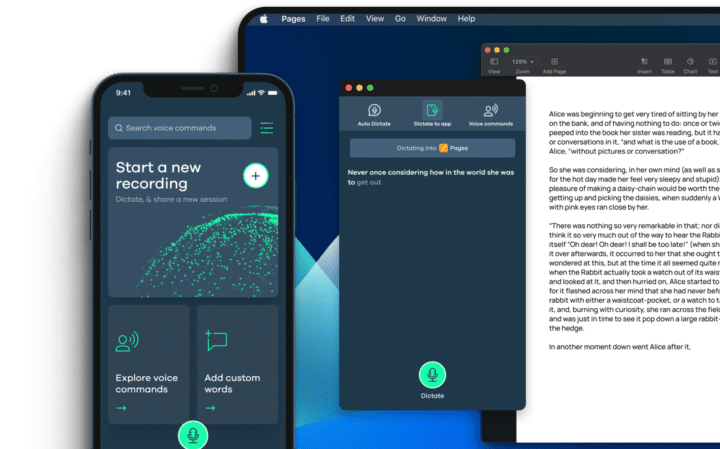The Generation Effect is actually a form of encoding, which is the first stage in your brain’s process of memorisation. And it precedes two other stages – storage and retrieval.
So, try using the Generation Effect to aid your memory during the encoding stage.
4. Helps Develop Creativity
Another advantage of note-taking is that it can help stimulate your cognitive functioning, helping you to spot connections between disparate points.
In essence, this is what lies at the heart of creativity and helps enhance your ability to generate new ideas or see new patterns.
One method you can apply to achieve this is Luhmann’s Zettelkasten or the ‘Slipbox’ method.
This is the act of using index cards to capture key points. And by capturing a summary of the points in one box, you’ll find it easier to join these unconnected concepts together to create new ideas.
5. Supports Reflection
Reflecting on what you’ve learnt will help to solidify your learning and enhance your memory storage. And the best way to reflect on what you’ve learnt is to refer back to notes taken during a session.
A study by Ozbay, 2005, found that note-taking is in fact a specific process that requires active cognitive processing. And it takes the form of several steps starting with listening, followed by comprehending then analysis and selection.
They also found that note-taking while listening provides a higher level of cognitive processing that engages other processes such as evaluation, interpretation and decision-making.
And reflecting on this is much easier when you’ve taken a killer set of notes.
Note-taking is a Critical Way to Enhance Your Learning
So, in answering the question ‘why is note-taking important’ we hope you’ll see that it’s not just important but essential to your learning to take notes. Particularly for any stage of learning, whether that’s in higher education, further education or work.
Taking notes during meetings, seminars or lectures engages a higher level of cognitive function. It uses a specific process that improves your memory storage, recall and in turn your ability to learn and store information.
By finding the right method, technique or style that suits your learning needs, you’ll realise the benefits of note-taking in any context and want to apply them every time.
CareScribe Offers Assistive Technology for Neurodivergent Users
Assistive technology can be used to support and enhance communication for people at workplaces and universities. CareScribe is at the forefront of assistive technology and our products address a wide range of needs.
Featuring a set of custom dictionaries with live captioning and note-taking functions, Caption.Ed can add captions instantly to your meetings, lectures or seminars, either in-person or online. You can also add timestamped notes, synced to your transcript, and highlight key information so you never miss out on the important stuff.
TalkType is highly accurate dictation software built for Windows, Mac, and mobile devices. Dictation software like TalkType can transform the way you work and study. As well as boosting productivity and efficiency, dictation software can provide autonomy to anyone who cannot type using traditional keyboards.
Caption.Ed and TalkType are dynamic AT tools that are transforming outcomes across many workplaces and universities.



